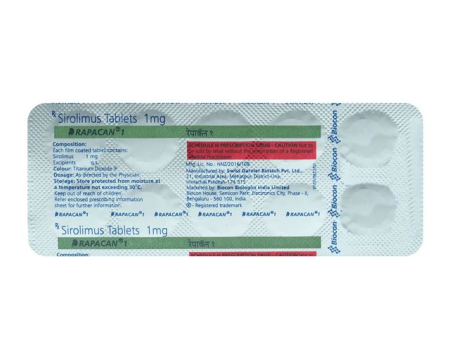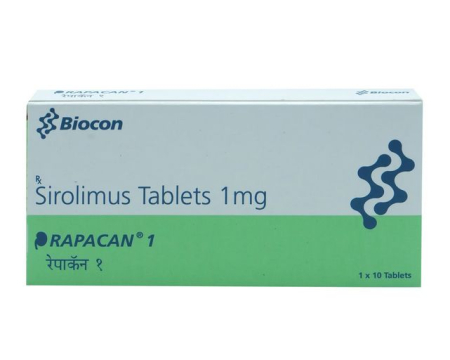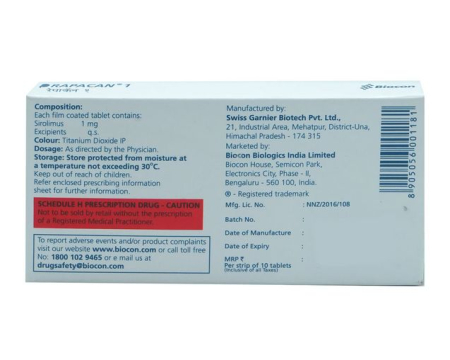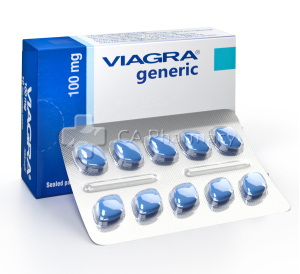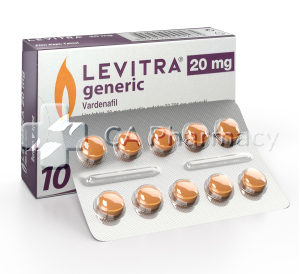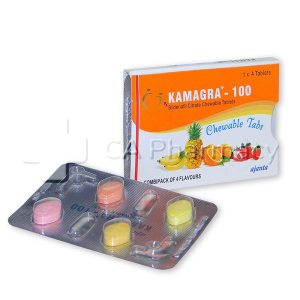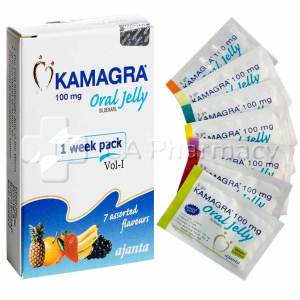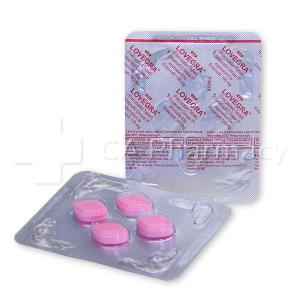What is Rapamycin?
Rapamycin is an immunosuppressive and anti-proliferative medication originally discovered as a product of soil bacteria. It has become widely used in medicine due to its ability to regulate cell growth, division, and survival. Rapamycin’s actions are mediated through the mTOR pathway—a key regulator in metabolism and cell aging. In recent years, it has attracted significant attention not only for its role in organ transplantation and cancer therapy but also for its potential to extend lifespan and influence aging processes.
Mechanism of Action
Rapamycin works by targeting a specific protein known as mTOR (mechanistic target of rapamycin), which plays a crucial role in regulating cell metabolism, growth, and survival. By inhibiting mTOR, rapamycin effectively slows down cell division and has been found to enhance cellular longevity, which has prompted researchers to explore its potential benefits in anti-aging therapies.
Indications for Use
Rapamycin is indicated for various medical conditions, including:
- Organ Transplantation: It is commonly used to prevent organ rejection in kidney transplant patients.
- Cancer Treatment: Rapamycin has shown promise in treating certain types of cancer, including renal cell carcinoma and lymphoma.
- Aging and Longevity: Emerging research suggests that rapamycin may help extend lifespan and promote healthier aging by reducing the effects of cellular senescence.
Taken together, rapamycin demonstrates broad potential for improving health across diverse clinical conditions. Its established utility in transplantation and cancer, combined with promising research for anti-aging, makes it a subject of ongoing scientific and medical interest.
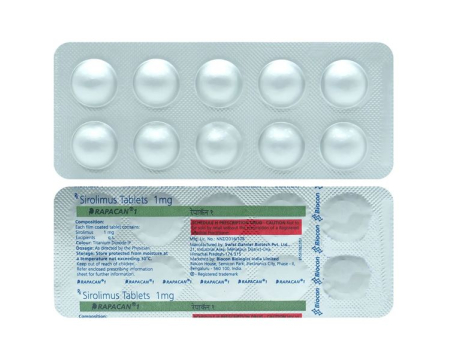
Dosage Rapamycin
Rapamycin is available in multiple formulations, such as tablets and oral solutions, allowing for flexibility in treatment based on patient and clinical needs. The appropriate dosage depends on the medical condition being managed, the patient’s age, body weight, and the presence of any coexisting health concerns. It is essential to strictly adhere to the prescribed dosage to maximize therapeutic effects and minimize side effects.
When considering rapamycin therapy, attention should also be paid to how it interacts with other substances:
- Rapamycin may interact with other prescription medications, especially immunosuppressants, antifungals, certain antibiotics, and drugs affecting liver enzymes.
- Caution is advised when using rapamycin along with over-the-counter medications, as some can influence the drug’s metabolism or potency.
- The combination of rapamycin and alcohol is generally discouraged; alcohol can strain the liver and may increase the risk of adverse effects or reduce the drug’s efficacy.
- Patients should always inform their healthcare provider about all medications, supplements, and recreational substances they use.
By following these guidelines and maintaining open communication with your healthcare provider, you can reduce the likelihood of complications and ensure that rapamycin therapy remains both safe and effective for your unique circumstances.
Side Effects and Contraindications: Rapamycin
Like all medications, rapamycin may cause side effects. Common adverse reactions include:
- Increased risk of infections
- Mouth ulcers
- Diarrhea
- Elevated cholesterol and triglycerides
- Possible liver and kidney issues
Patients should also be aware of contraindications, such as existing liver disease or active infections, and should consult their healthcare provider before starting treatment.
Where to Buy Rapamycin in Canada
In Canada, rapamycin is legally available by prescription, and patients can obtain it through local pharmacies or online platforms. When purchasing rapamycin, ensure you are buying from reputable sources to guarantee the quality and authenticity of the medication.
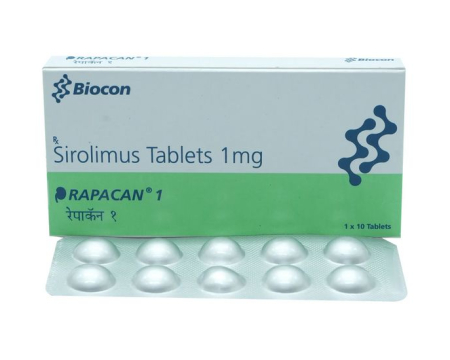
Scientific Research and Efficacy
Numerous clinical studies have demonstrated the effectiveness of rapamycin in various applications. For instance, research indicates that rapamycin can significantly reduce the risk of organ rejection in transplant patients. Additionally, studies exploring its anti-cancer properties continue to provide insights into how rapamycin can be integrated into treatment regimens.
Rapamycin represents a vital therapeutic option in modern medicine, offering benefits ranging from organ transplant support to potential anti-aging effects. With its growing body of research and diverse applications, rapamycin is gaining popularity among healthcare providers and patients alike. If you are considering rapamycin for your treatment, consult with your physician to discuss its benefits and suitability for your condition.




